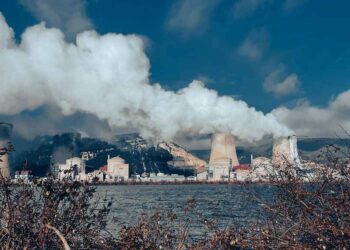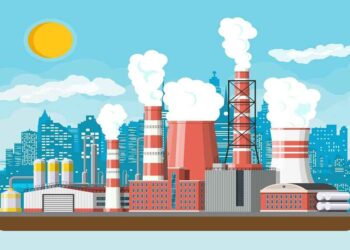One can see an ocean of 570,000 solar panels stretching out as far as the eye can see throughout a landscape which is almost an hour’s drive from Azerbaijan’s capital, Baku.
In the hills baked by the sun at Garadagh, the country that has been carrying a legacy of oil and gas is now taking its first steps towards a green future.
This can very well be termed the country’s first ever large-scale solar power setup, which opened in October 2023, and Masdar which is the Emirati company that’s developing it, says that it can power as many as 110,000 homes. The president of Azerbaijan, Ilham Aliyev, has already gone on to boast about his nation’s determination when it comes to moving towards a green agenda.
He says that this is going to be their contribution towards not just Azerbaijan’s future development but also a step towards curbing issues related to climate change. Although there are climate scientists who have gone on to question the country’s climate credentials as it begins its work towards hosting the COP29 summit.
The fact is that an increase in renewable energy does not essentially mean that Azerbaijan is taking steps to leave its massive oil and gas reserves within the ground. As per President Aliyev, the country will try selling the gas abroad by not using it in home power stations, and Europe, for that matter, happens to be its strongest target as a customer as it shifts itself from gas supplies from Russia.
Apart from selling its surplus, Azerbaijan is also planning to go ahead and extract more gas thanks to the fresh funding from fossil fuel giants such as BP, ADNOC, as well as TotalEnergies.
The CEO of Climate Analytics, which is a climate science non-profit group, Bill Hare, has called Azerbaijan’s plans a fantasy, as the fact remains that unless they displace fossil fuels in the system, ramping up renewables is not likely to make a dent. The point is that one cannot tackle climate change unless fossil fuels have been eliminated.
But Azerbaijan isn’t the only country that happens to be taking a stride towards both fossil fuels and renewables. Wealthy nations such as Canada, the UK, and the US don’t have any plans as yet to halt their oil and gas production.







































